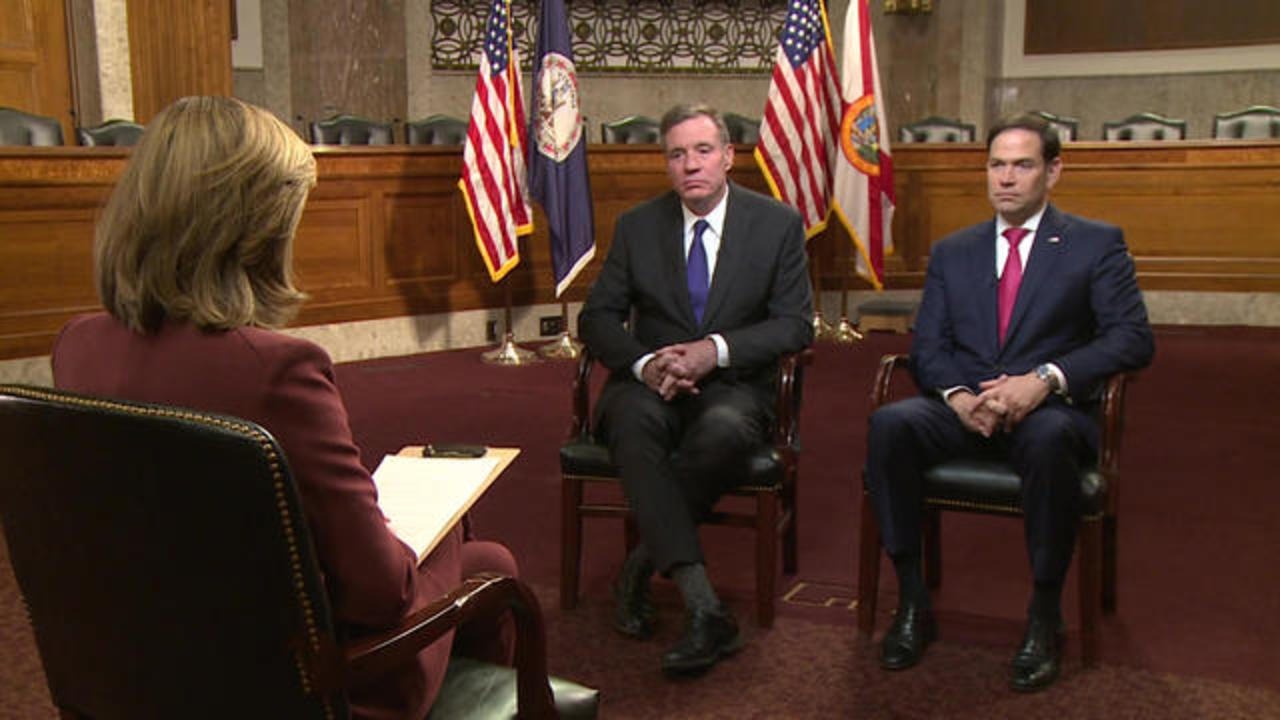U.S. intelligence officials have determined that Tehran lacks complete control over its proxy groups in the Middle East, including those responsible for recent attacks on U.S. troops, according to two officials familiar with the matter.
The Quds Force, an elite division of Iran’s Revolutionary Guard Corps, oversees the supply of weapons, military advisers, and intelligence to support militias in Iraq, Syria, and the Houthis in Yemen.
However, these groups operate with varying ambitions and agendas, and Tehran does not appear to exert full authority over their operational decisions.

This revelation implies a challenge in predicting the actions of these proxy groups, making it harder to anticipate their moves.
On the other hand, it reduces the likelihood of the U.S. engaging in a direct confrontation with Iran, as Tehran’s lack of direct involvement in ordering or overseeing attacks diminishes the grounds for U.S. retaliation.
Reports suggest that the U.S. is contemplating strikes on Iranian targets in Iraq and Syria in response to the Jordan attack.
The Biden administration seeks to understand Iran’s role in directing attacks on U.S. troops, especially considering the absence of a regular, direct communication line between Washington and Tehran. While Iran provides financial and military support to proxy groups, intelligence officials do not believe it directly commands the attacks.
The complexity of the situation, with escalating violence in the region, has complicated U.S. deliberations on responding to attacks on its interests.
The recent attack in Jordan, which resulted in the deaths of three American troops, has added to the challenges faced by the Biden administration. President Biden holds Iran at least partially responsible, emphasizing their role in supplying weapons to groups carrying out the attacks.
The administration faces a delicate balancing act in responding to drone attacks on troops and other incidents without either escalating the conflict or appearing weak.
There is a risk of further attacks if the U.S. responds inadequately, potentially endangering more American lives. Notably, one of the groups, Kataib Hezbollah, responsible for hundreds of drone attacks in Iraq, issued a statement on January 30 announcing a cessation of operations against the United States.
Despite this potential pause from one group, intelligence officials expect the Houthi campaign in the Red Sea to persist, targeting international freighters, including American vessels.
The intelligence community initially anticipated that the Houthis would avoid conflict with the U.S. after an attack on Israel by Hamas in October.
However, the Houthis expanded their targeting in the Red Sea, leading to a revised assessment. Intelligence officials suggest that the Houthi campaign will likely continue until Israel agrees to a ceasefire or the end of fighting in Gaza.
The Biden administration is actively involved in trying to broker a deal between Israel and Hamas, aiming for a resolution that could potentially lead to the release of hostages held in Gaza.
The outcome of these diplomatic efforts could impact the tactical situation in the region, at least temporarily, for all Iran-backed groups.


